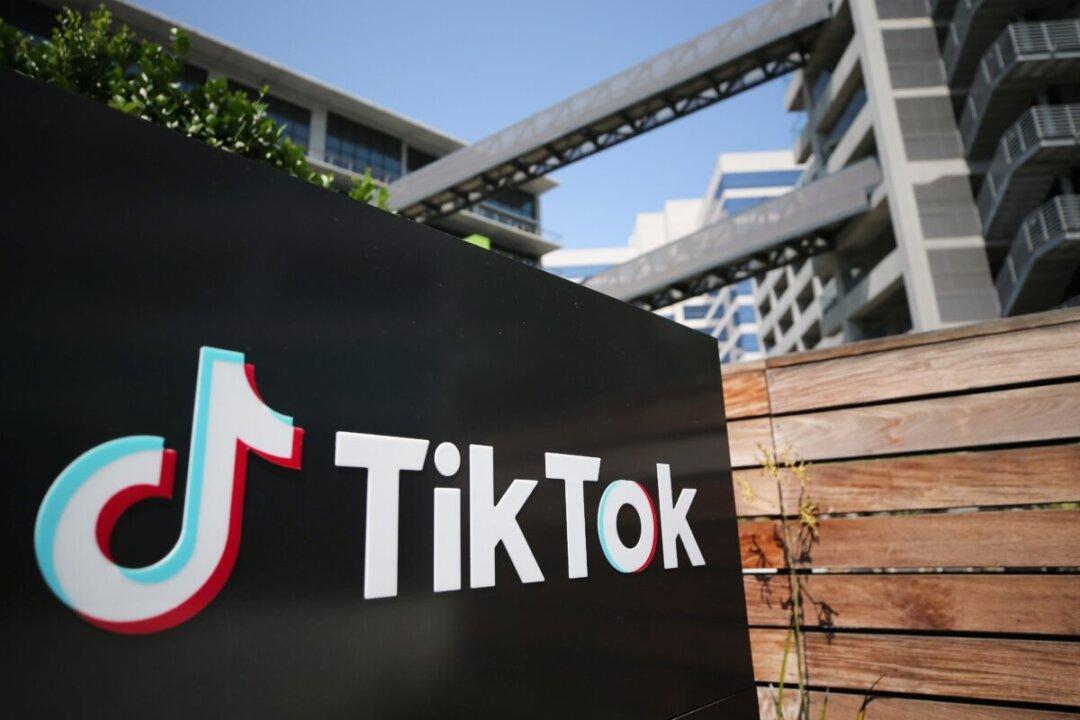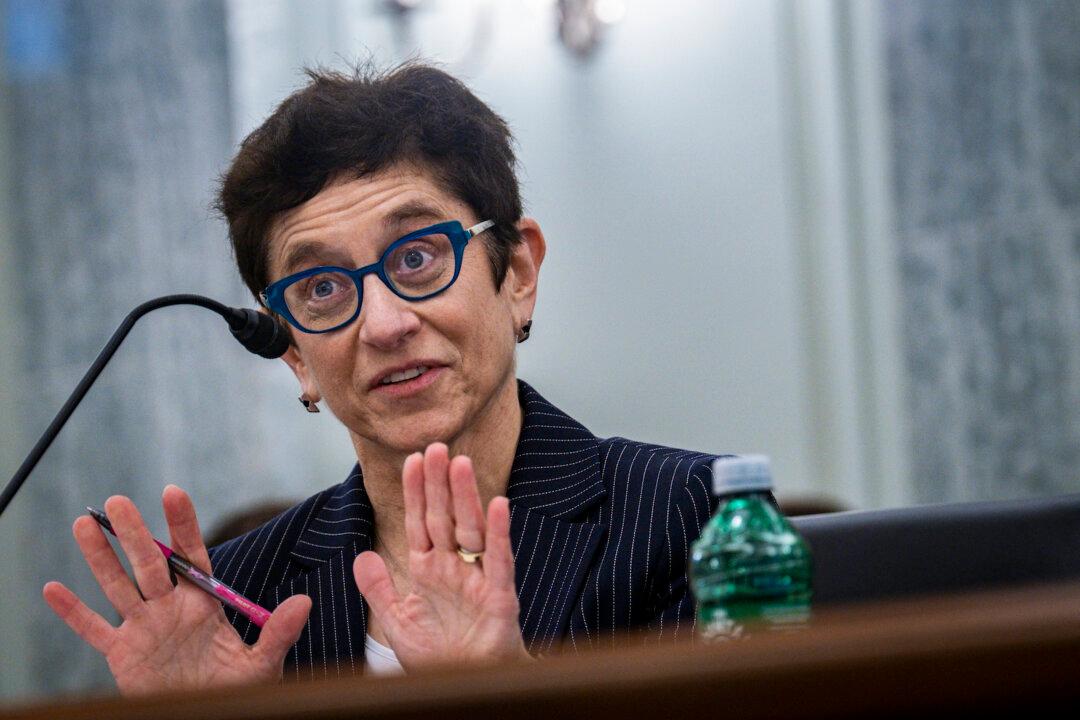Social media app TikTok, popular among teens, has announced that it will soon limit screen time to 60 minutes a day for any user under the age of 18 in an effort to curb young people’s time on the platform.
According to a statement on March 1, “every account” on the short-form video app belonging to a user who identifies as under 18 “will be set to a 60-minute daily screen time limit.”




